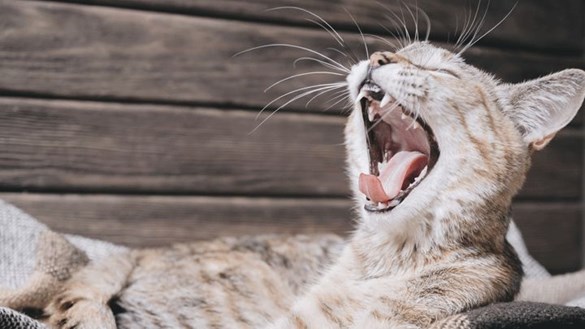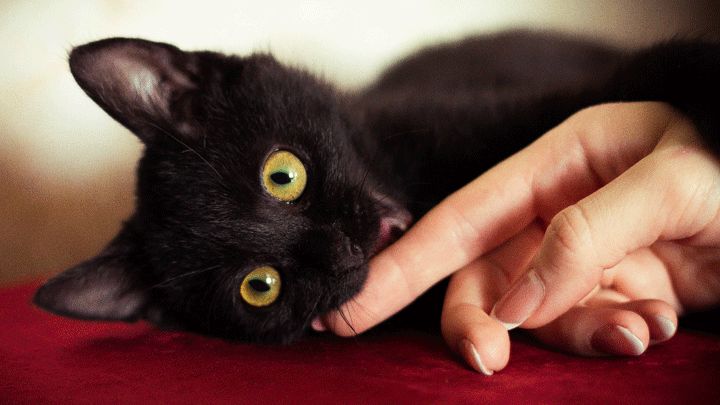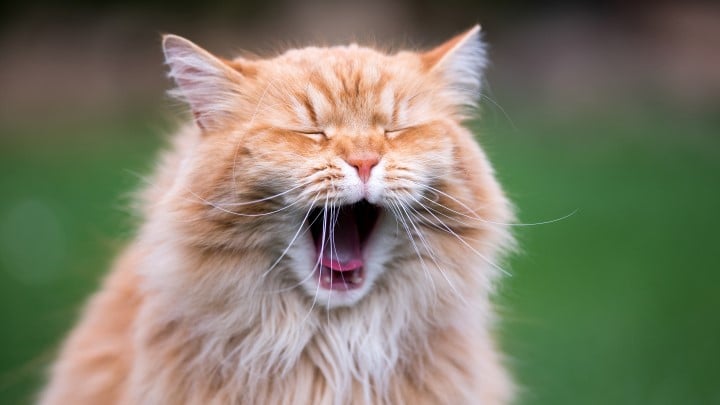Get Your Cat’s Dental Health Off To The Right Start
Dental disease affects up to 80% of cats by the age of two and can have serious consequences, so it’s never too early to start your pet’s dental routine.

Caring for your cat’s teeth
The first year or two of your cat’s life is the best time to create good habits, and a regular dental routine is no exception.
Daily tooth brushing is the best way to remove plaque and tartar, two of the biggest causes of dental disease. As cats get older, it becomes harder to introduce regular brushing, so it’s essential to get them used to it while they’re young. If it goes untreated, dental disease can potentially lead to serious issues, including fractured teeth and painful tooth loss.
 Getting them started on a high-quality, balanced diet of dry food while limiting wet food avoids a build-up of food and bacteria along the gum line, which can lead to dental issues. Similarly, opting for treats that are low in sugar and starch greatly reduces the risk of tooth decay.
Getting them started on a high-quality, balanced diet of dry food while limiting wet food avoids a build-up of food and bacteria along the gum line, which can lead to dental issues. Similarly, opting for treats that are low in sugar and starch greatly reduces the risk of tooth decay.
On top of that, getting into the habit of booking regular dental checks helps your vet identify early signs of dental problems, and gives you plenty of opportunities to ask for advice about your ongoing dental care.
Getting started with tooth brushing
Cats usually develop their adult teeth at around nine months, but you can start getting them used to having their mouth and teeth handled as soon as possible. Start by gently rubbing your finger along their gums while cuddling them to get them used to the sensation. Watch our short video on how to brush your cat's teeth.
Once they’re comfortable and receptive, apply a small amount of cat-friendly toothpaste (never use human toothpaste, which is toxic to cats) to a soft rubber fingertip brush and gently clean around their teeth and gums. As your cat gets older, they’ll be used to having their teeth cleaned and you can move on to using a specially designed cat toothbrush several times a week.
General cat dental care advice
Even the most conscientious of cat owners probably hasn’t thought about the condition of their cat’s teeth. In fact, a PDSA report indicates that just 35% of cat owners regularly check their cat’s teeth, compared to 81% who check for fleas

Prevention is key and taking a few small steps can help improve your cat’s dental health. These include brushing its teeth with pet-friendly toothpaste, a small, soft toothbrush, and providing the right diet.
Expert cat dental care advice
Watch our top tips on how to care for your cat's teeth.
Our Healthcare Plan For Your Cat
With the Medivet Healthcare Plan, you can save an average of £165 each year and that’s without discounts that the plan offers on top.
Learn more

